No progress in border dispute
No progress has been made in the Slovenian-Croatian border dispute, even after yesterday’s meeting between Olli Rehn and the two countries’ representatives.
Wednesday, 18.03.2009.
11:42

No progress has been made in the Slovenian-Croatian border dispute, even after yesterday’s meeting between Olli Rehn and the two countries’ representatives. Negotiations over the dispute have been deadlocked since the start of the year, which has led Slovenia to block 12 chapters of Croatian accession talks with the EU. No progress in border dispute The EU enlargement commissioner and the Croatian and Slovenian foreign ministers, Gordan Jandrokovic and Samuel Zbogar, met for a second time in Brussels yesterday. Under discussion was the possibility of signing a joint statement to confirm that no documents signed after the independence of the two countries would pre-judge the border between them. This is Rehn’s proposal for lifting the Slovenian blockade in order to be able to resume EU accession talks with Croatia by the end of the month. However, the Slovenian side remains unmoved, stating that that statement alone would not be sufficient to unblock the talks. Croatian Prime Minister Ivo Sanader confirmed that he supported Rehn’s proposal. “We’re prepared for that statement. Slovenia must be ready for that statement too, and I think that all grounds for the blockade will have been removed after that. What I expect is for the issue of talks to be set apart from the issue of resolving the border problem with Slovenia,” Sanader stressed. Rehn sees the signing of the statement as a means of building trust and a step in the right direction. Slovenia does not wish to take the dispute with Croatia to the International Court of Justice for fear of a lack of legal argumentation to prove that the entire Bay of Piran in northern Istra belongs to them. Since independence, the border has been halfway up the Bay, precluding Slovenia from laying claim to a section of sea offering them access to international waters. Slovenia would prefer the dispute to be resolved by an arbitration body that would not have to adhere to international maritime law, something that Croatia opposes. The dispute has been simmering since 1991, and after Slovenia imposed the blockade, the EU waded into the debate, hoping that Croatia’s accelerated EU accession would encourage the other former Yugoslav republics. Olli Rehn (Beta, archive)
No progress in border dispute
The EU enlargement commissioner and the Croatian and Slovenian foreign ministers, Gordan Jandroković and Samuel Žbogar, met for a second time in Brussels yesterday.Under discussion was the possibility of signing a joint statement to confirm that no documents signed after the independence of the two countries would pre-judge the border between them. This is Rehn’s proposal for lifting the Slovenian blockade in order to be able to resume EU accession talks with Croatia by the end of the month.
However, the Slovenian side remains unmoved, stating that that statement alone would not be sufficient to unblock the talks.
Croatian Prime Minister Ivo Sanader confirmed that he supported Rehn’s proposal.
“We’re prepared for that statement. Slovenia must be ready for that statement too, and I think that all grounds for the blockade will have been removed after that. What I expect is for the issue of talks to be set apart from the issue of resolving the border problem with Slovenia,” Sanader stressed.
Rehn sees the signing of the statement as a means of building trust and a step in the right direction.
Slovenia does not wish to take the dispute with Croatia to the International Court of Justice for fear of a lack of legal argumentation to prove that the entire Bay of Piran in northern Istra belongs to them. Since independence, the border has been halfway up the Bay, precluding Slovenia from laying claim to a section of sea offering them access to international waters.
Slovenia would prefer the dispute to be resolved by an arbitration body that would not have to adhere to international maritime law, something that Croatia opposes.
The dispute has been simmering since 1991, and after Slovenia imposed the blockade, the EU waded into the debate, hoping that Croatia’s accelerated EU accession would encourage the other former Yugoslav republics.











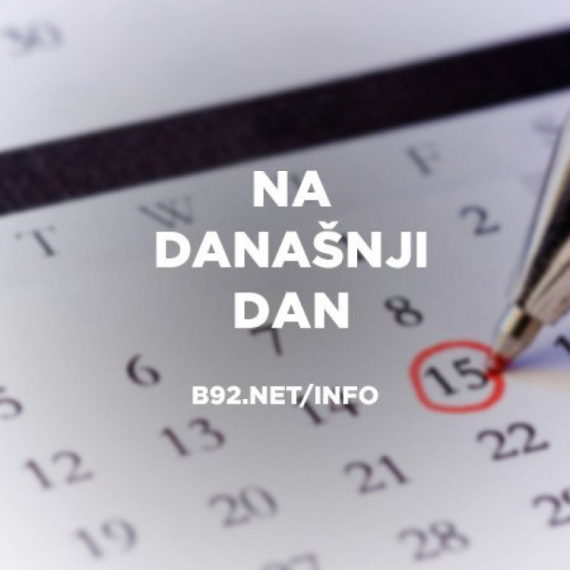
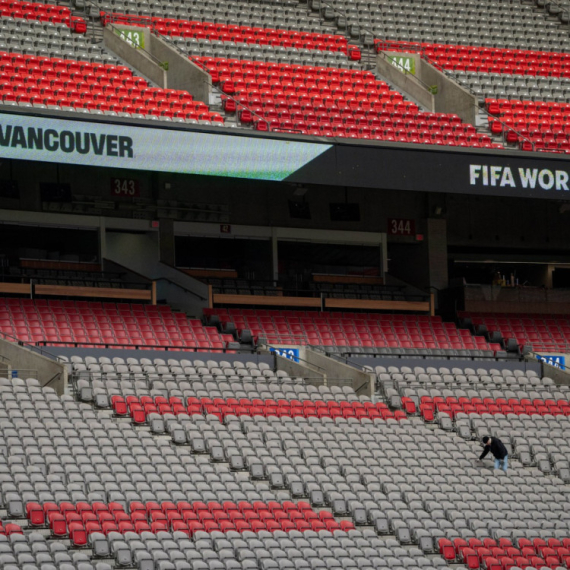
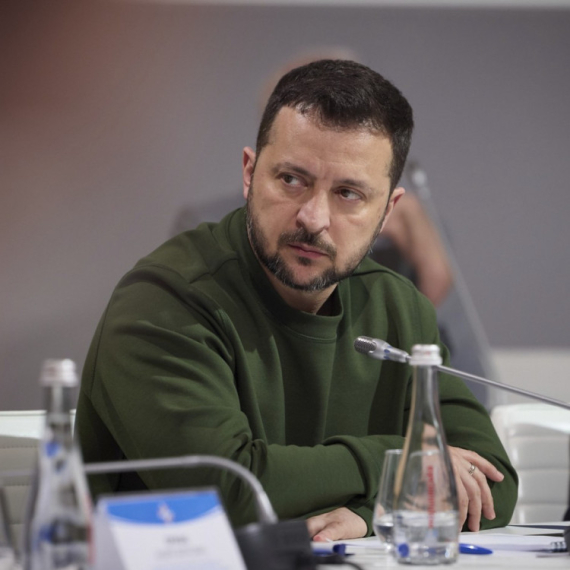

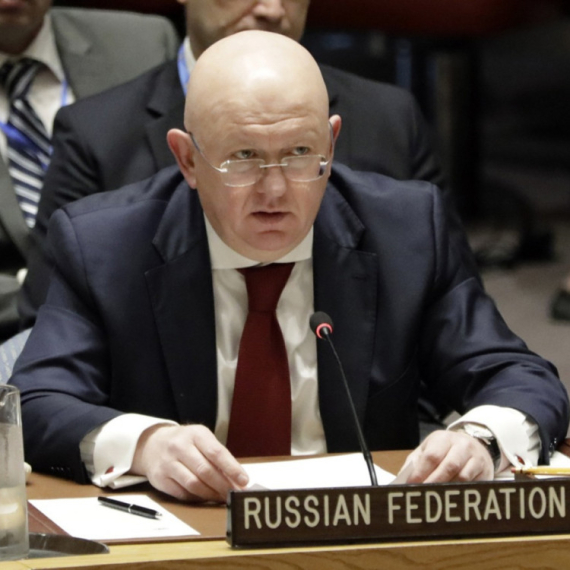













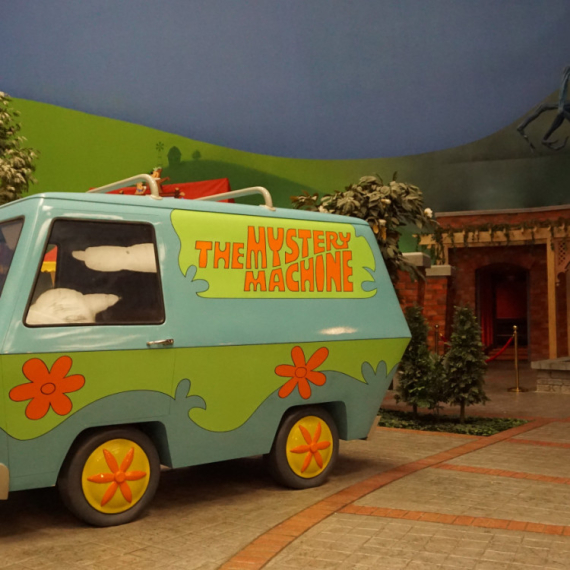















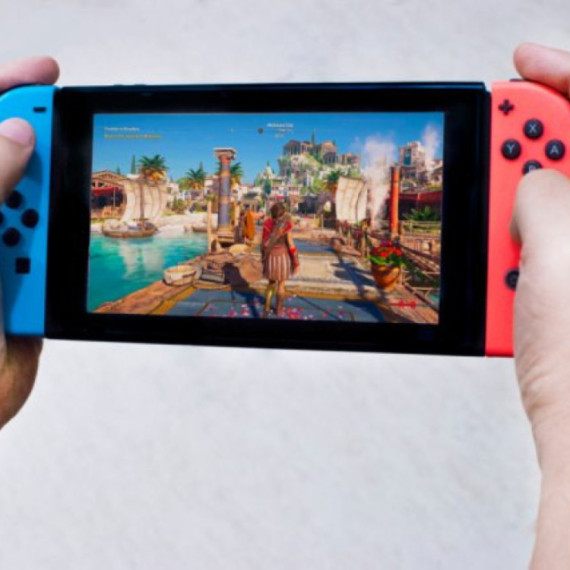

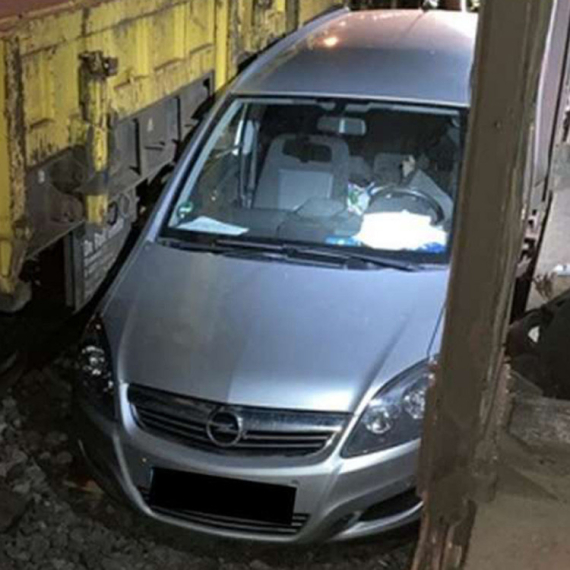






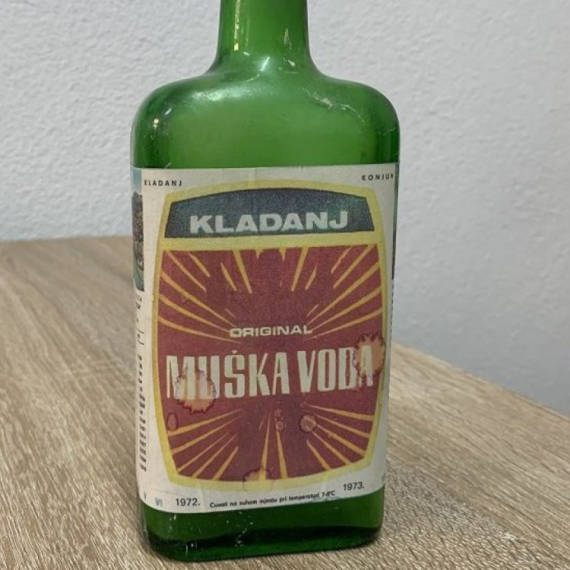


Komentari 4
Pogledaj komentare